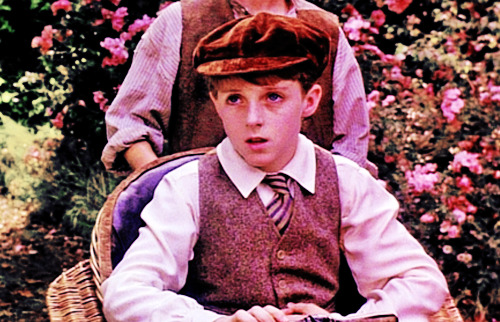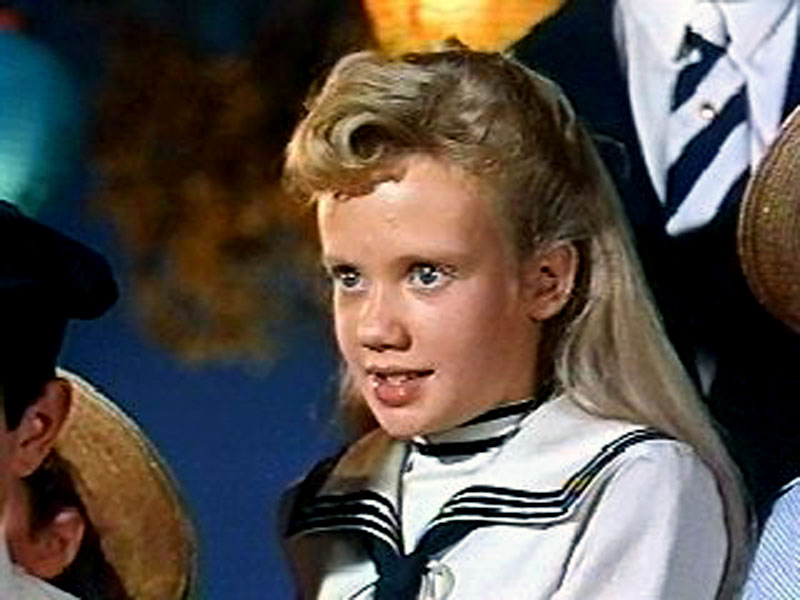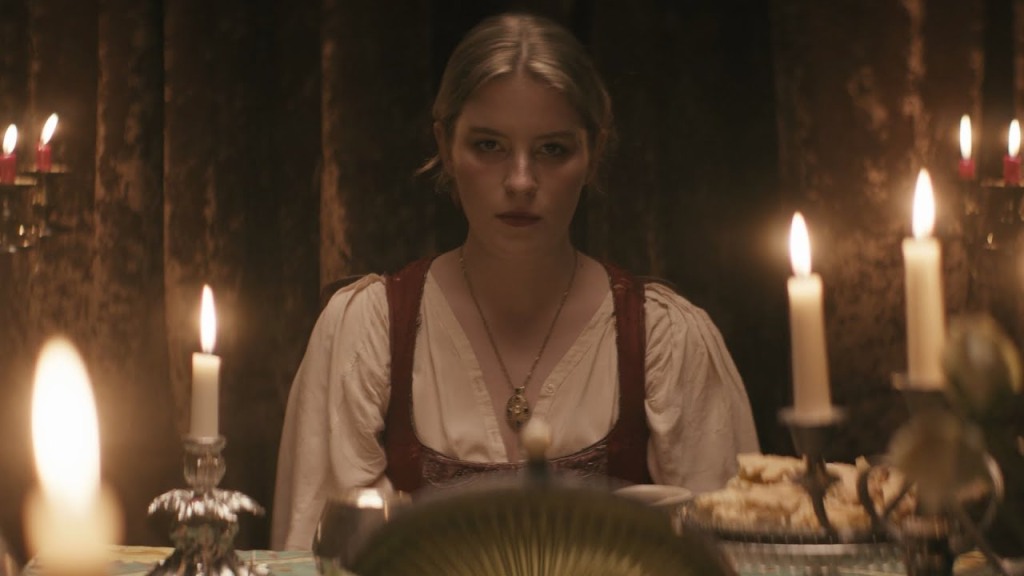On Book Riot today, I analyze classic children’s books that contained disabled characters, even if they weren’t the focus of the book, or the authors might not have been disabled.


I think Pollyanna by Eleanor H. Porter has a message of toxic positivity. Some disabled authors have written that we’re expected to be constantly cheerful, like Pollyanna. I understand this criticism, but my issues with the story begin even before Pollyanna becomes disabled. Pollyanna is an orphaned child, and her dad taught her some terrible coping mechanisms before he died. Her famous optimism is based on supremacy and pity: feeling “glad” she was born white, non-disabled, and in the US. Yes, the 1913 novel’s patronizing attitude is also racist. Pollyanna and her family donate money for missionaries to convert children in India to Christianity and “save” them.
I remember a bizarre, ironic scene from the 1960 Disney movie. Soon after Pollyanna starts living with her Aunt Polly, her aunt scolds her in church: “Don’t stare at the orphans, Pollyanna!” Even as a kid, I was like, But she’s orphaned too! Aunt Polly is Othering her from her friends (from the orphanage), implying, You’re better than they are, now that you’re staying with me, your rich aunt. This is classist, pitying, condescending, and reminds me of the ways kids are told not to look at poor or disabled people now. Of course, Aunt Polly has a big character arc and changes a lot.
I judged the hell out of Pollyanna when I was a little kid, but now, I’m judging the adults who taught Pollyanna to think like this, not Pollyanna herself. So, sure, the book contains outdated social values that might be hard to explain to kids. But Pollyanna herself is not a role model, despite what modern parents’ guides say. I don’t think we should teach kids to passively accept everything or tell themselves “it could be worse” by pitying other people.
“Labour” by Paris Paloma Cover

For the first time in over a year, I recorded a quick, a cappella song cover on my phone: “Labour” by Paris Paloma. Captions, lyrics, and a link to the artist’s original video are included. I do not monetize my YouTube. What a feminist anthem!
Speaking of YouTube
My Twitter is usually locked (I don’t use it much anymore). But I’m pasting some Tweets here.
Some people have asked, Why did anyone ever find Colleen Ballinger’s comedy funny?
I agree with Imani Barbarin that the Miranda Sings character was coded as disabled.
Content warning: CSA, ableism, incest
Colleen Ballinger’s videos were based on the Miranda character acting “st*pid,” mispronouncing words, being attracted to her uncle, and not understanding this was incestuous and he was predatory. She was joking about incest and mocking speech, developmental, and intellectual disabilities. Consider, too, how many disabled people are targeted because sexual predators think we won’t understand or be believed. That was the basis of her “humor.”
Obviously, nothing else in her “comedy” is comparable to Colleen Ballinger grooming fans or sexually harassing kids, but I don’t want to link to videos of those inappropriate onstage routines with children.
I’m just saying the whole Miranda Sings shtick itself was based in ableism, racism, stereotypes, and lots of internalized misogyny. And presumed innocence as a white woman saying these things. It’s middle or high school bully humor at best.
For full transparency, I updated some of my old blog posts from years ago acknowledging when people have apologized for past racist or ableist behavior. Ballinger had an ableist title for her personal YouTube channel years ago, but she apologized and changed it years ago. In contrast, many people consider Ballinger’s latest “apology” dismissive and self-serving, though.